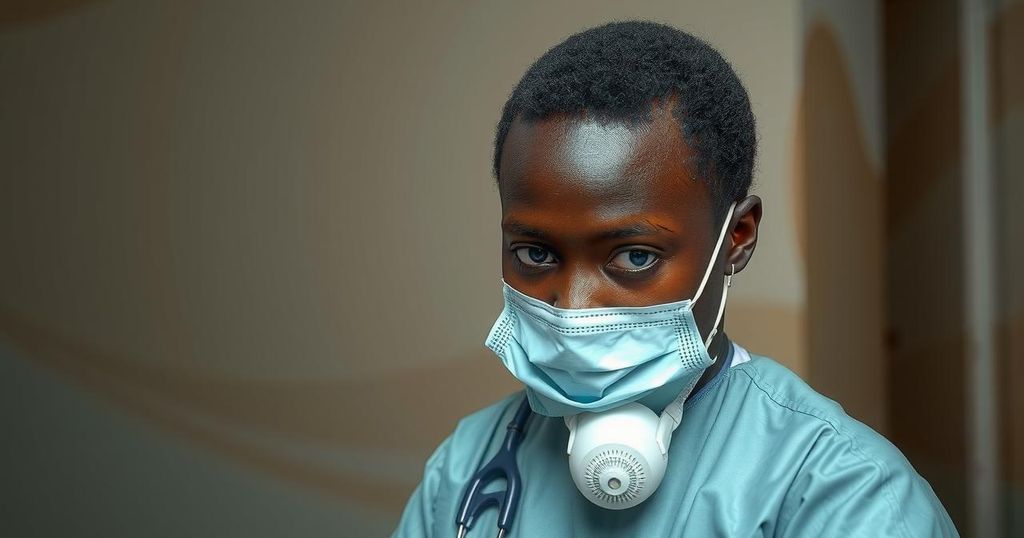Disease X is an unidentified illness spreading in the Democratic Republic of the Congo, primarily affecting malnourished individuals and leading to numerous fatalities. Symptoms include fever, cough, and anemia, with potential links to known diseases like malaria and pneumonia. The Africa CDC and WHO are investigating the outbreak amidst logistical challenges, highlighting the importance of prompt case assessments and effective public health measures.
An unidentified illness, labeled as Disease X, is currently spreading in the Democratic Republic of the Congo (DRC), with health officials struggling to determine its nature, fearing it may be either viral or bacterial in origin. As of the latest report, the DRC has recorded 406 cases, with significant impacts seen primarily in severely malnourished populations, leading to 31 fatalities, predominantly among children. The outbreak is highly concentrated in the Panzi district of Kwango Province, a remote area with poor health infrastructure and difficult access, complicating efforts to control the situation.
Epidemiologists express that the designation of Disease X may be misleading, suggesting that rather than being a novel pathogen with epidemic potential, the situation is better described as an undiagnosed morbidity and mortality event. Symptoms observed include fever, cough, headache, and anemia, potentially pointing to known diseases such as pneumonia, influenza, or malaria as causes rather than a new epidemic threat. The World Health Organization (WHO) has indicated that existing local diseases and acute infections are the likely culprits, with malaria identified as a significant factor.
As investigations proceed, the Africa Centres for Disease Control and Prevention (Africa CDC) has dispatched a team to assist with identifying the illness, while logistical challenges persist due to the region’s inaccessibility and limited testing facilities. Delays are anticipated, particularly as samples may need to be sent to international laboratories to determine precise causative agents, relying on advanced techniques not available locally.
With rising concerns about this outbreak, local authorities have initiated measures to mitigate its spread, including movement restrictions and health monitoring protocols. Health experts stress the importance of prompt investigation into cases to facilitate appropriate interventions and prevent further escalation of the illness.
The outbreak of Disease X in the DRC illustrates the complexities managing infectious diseases in remote settings. With existing health infrastructure inadequate to handle new or unidentified illnesses, the capacity for precise diagnosis becomes severely compromised. Public health officials, therefore, find themselves reliant on preexisting knowledge and deduction rather than on advanced diagnostics that might reveal the true nature of the illness. Health systems across Africa face continuous challenges, including resource restrictions and logistical difficulties, particularly in isolated regions like Kwango Province where infrastructure is lacking.
In conclusion, the outbreak of an undiagnosed illness termed Disease X in the DRC has raised significant health concerns, particularly among vulnerable populations. With its uncertain viral or bacterial nature complicating diagnosis, experts urge caution against labeling it as a novel epidemic. The investigation by health authorities aims to identify the disease’s cause while mitigating its impact through local preventive measures. Continuous global health collaborations are essential to address the logistical challenges and ensure rapid response capabilities in such crises.
Original Source: www.dw.com







